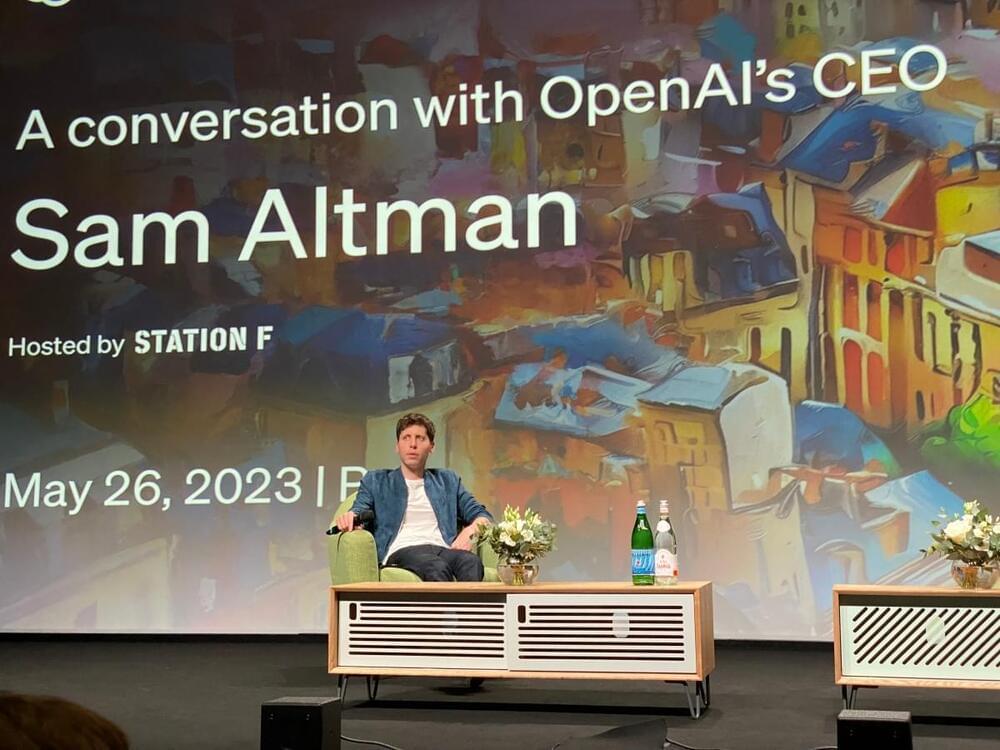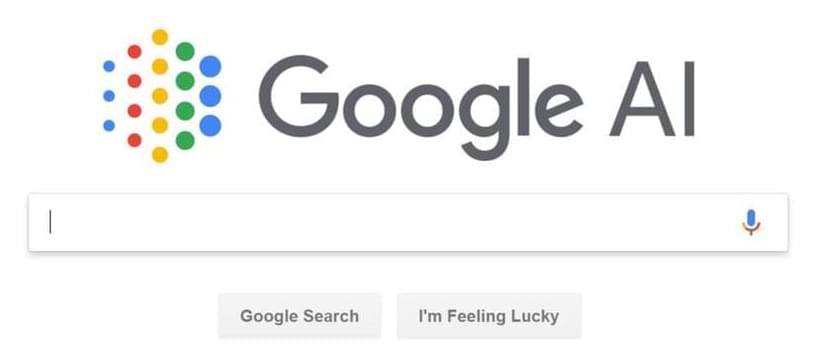In December 2022, founder Elon Musk gave an update on his other, other company, the brain implant startup Neuralink. As early as 2020, the company had been saying it was close to starting clinical trials of the implants, but the December update suggested those were still six months away. This time, it seems that the company was correct, as it now claims that the Food and Drug Administration (FDA) has given its approval for the start of human testing.
Neuralink is not ready to start recruiting test subjects, and there are no details about what the trials will entail. Searching the ClinicalTrials.gov database for “Neuralink” also turns up nothing. Typically, the initial trials are small and focused entirely on safety rather than effectiveness. Given that Neuralink is developing both brain implants and a surgical robot to do the implanting, there will be a lot that needs testing.
It’s likely that these will focus on the implants first, given that other implants have already been tested in humans, whereas an equivalent surgical robot has not.







